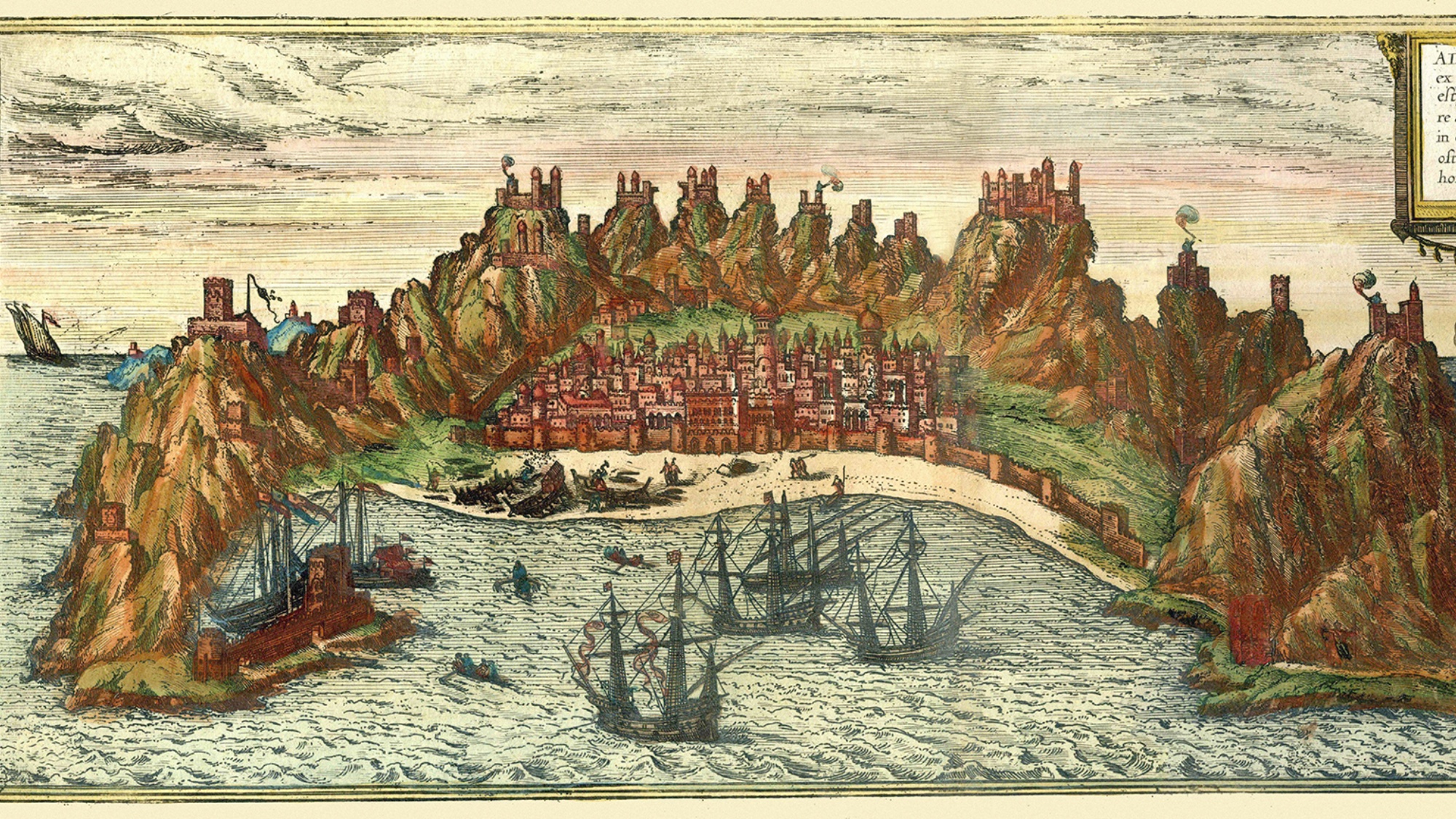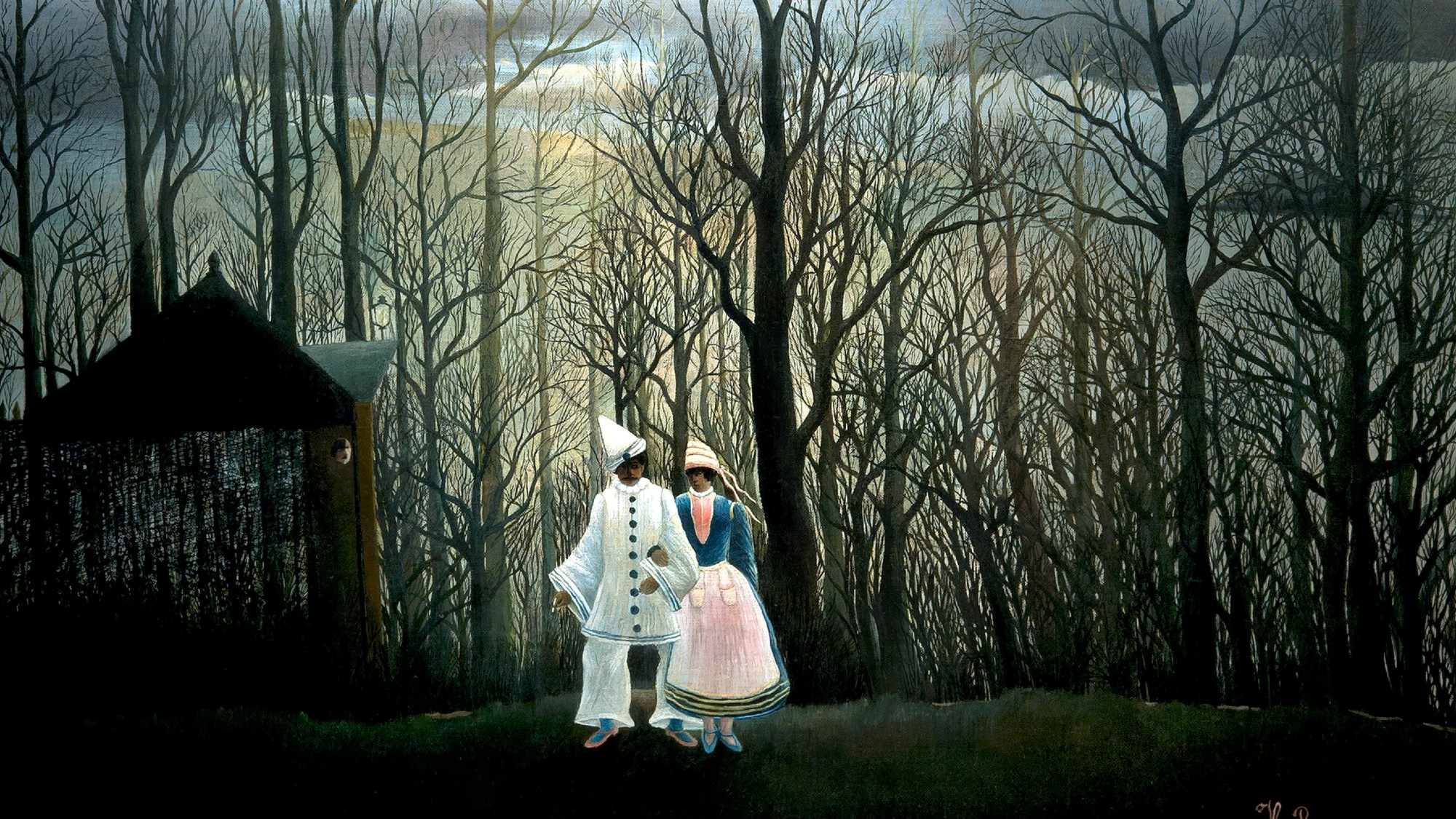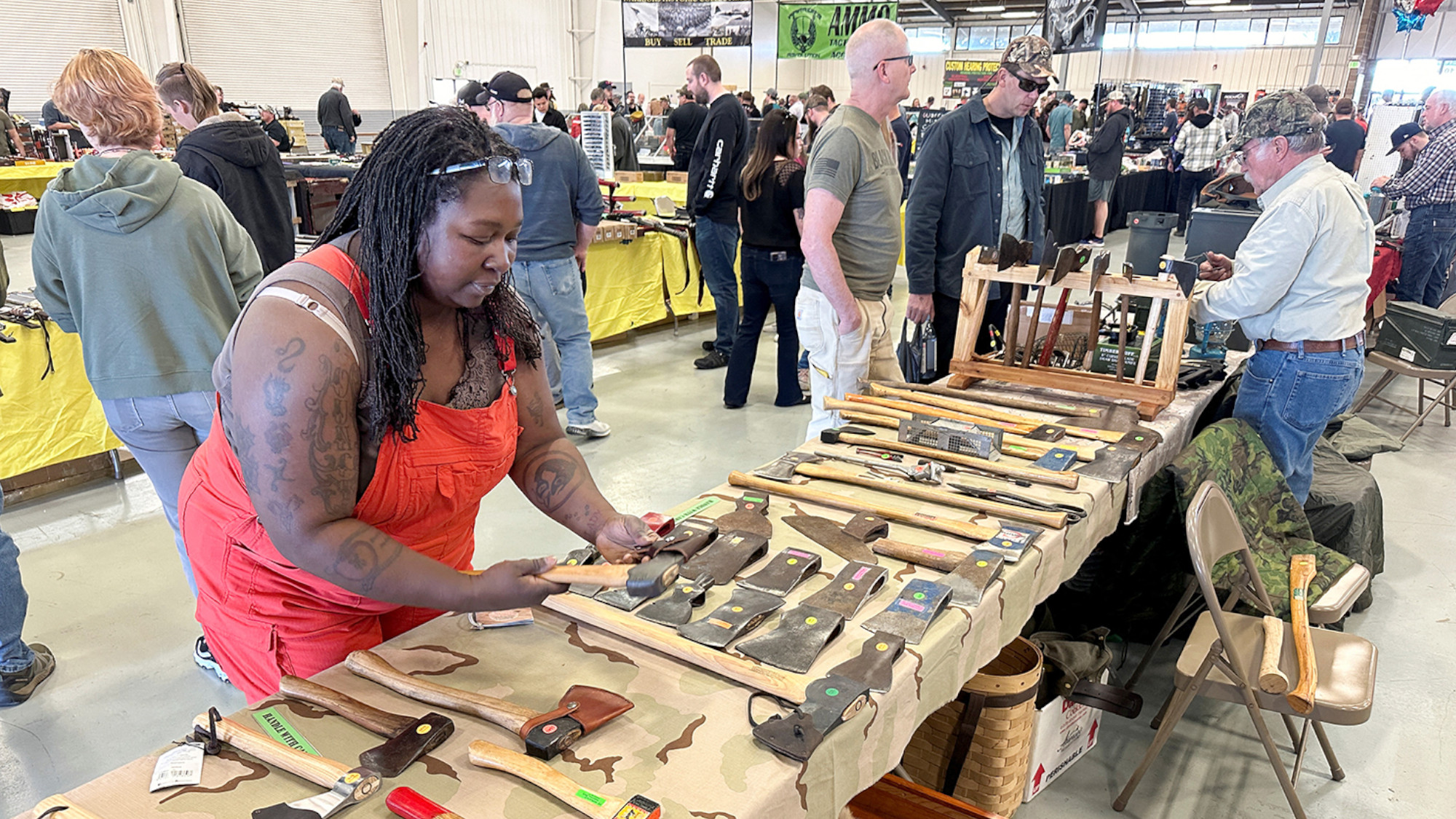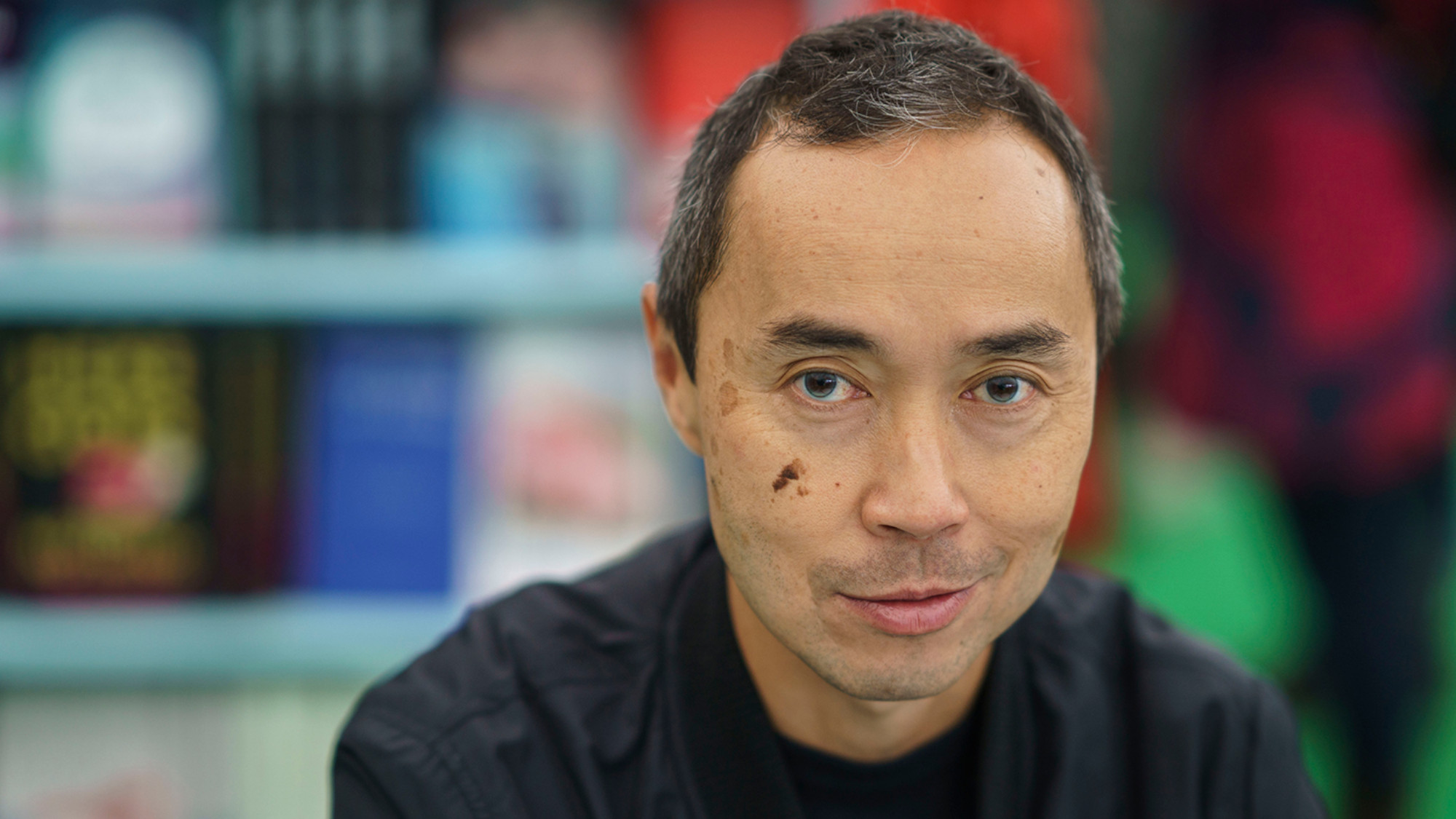The week's good news: Dec. 14, 2023
It wasn't all bad!


A free daily email with the biggest news stories of the day – and the best features from TheWeek.com
You are now subscribed
Your newsletter sign-up was successful
Oklahoma teen's annual toy drive brings the holiday spirit to his community
There have been many happy holidays in McAlester, Oklahoma, thanks to Reed Marcum. When Marcum was in the fifth grade in 2016, he learned that a classmate's family was struggling financially, and he would not be receiving many gifts. Marcum asked his mom if he could hold a toy drive for his 4-H youth project, to not only help his peer but also other kids in the same boat. "I wanted to make sure that everyone in my class had a toy under the tree and that no kid got left out," Marcum, now 18 and a student at Oklahoma State University, told The Washington Post. He was shy, but decided to put himself out there and spread the word about the toy drive. Marcum received enough donations to hand out 1,000 toys and treat bags. He's held his Reed's 4-H Toy Giveaway every year since, and has distributed 54,000 gifts to local kids. This year, 200 volunteers passed out 10,000 toys, with each recipient also getting pajamas, gloves, socks, hats and underwear.
FDA approves first gene-editing treatment for sickle cell disease
For the first time, a medicine that uses the gene-editing tool CRISPR has been approved by the U.S. Food and Drug Administration. The therapy is called Casgevy, and is meant to treat patients with sickle cell disease. This hereditary condition causes a person's red blood cells to be crescent-shaped instead of disk-shaped. When the cells clump together it blocks blood flow, resulting in extreme pain. Casgevy edits the DNA in a patient's stem cells so they no longer produce sickle-shaped cells. "This is a major milestone," Vance Bonham, acting deputy director of the National Human Genome Research Institute at the National Institutes of Health, told Wired. "This could truly change the lives of individuals and reduce the burden of pain episodes." More than 100,000 Americans, a majority of whom are Black, have sickle cell disease. Casgevy, which is intended to be a one-time-only treatment, has been approved for patients 12 and older who have regular attacks.
A road in Detroit can now charge electric vehicles
It doesn't matter if the electric vehicle is moving, idling or parked, if it's on a quarter-mile stretch of 14th Street in Detroit, it will be getting a charge. Copper inductive charging coils developed by the company Electreon were placed under the road in late November, and they are triggered when an electric vehicle outfitted with a receiver passes over them, The Associated Press reported. The segment of 14th Street will be a testing ground for this new technology, the Michigan Department of Transportation said, and the goal is to expand the project and make it available to the public within a few years. This wireless-charging public roadway is a first for the United States, and Electreon said it is safe for pedestrians, drivers and animals. "In Michigan, we want to stay ahead of the curve," Michigan Department of Transportation Director Bradley C. Wieferich said. "We want to lead the curve."
The Week
Escape your echo chamber. Get the facts behind the news, plus analysis from multiple perspectives.

Sign up for The Week's Free Newsletters
From our morning news briefing to a weekly Good News Newsletter, get the best of The Week delivered directly to your inbox.
From our morning news briefing to a weekly Good News Newsletter, get the best of The Week delivered directly to your inbox.
This Wyoming woman made a snowman for each person in her town
Pauline Parker created a snowman for every resident of Burlington, Wyoming, and they won't melt away come spring. Each one is made of wood and personalized down to the color of its eyes. Parker started making the snowmen back in July, and completed 316 by the end of the year. "I think snowmen bring joy to you," she told KTVQ, and that's true of her creations. Word spread about what she did, and residents from the nearby towns of Otto and Emblem asked if she could make snowmen for them as well. In Emblem, all 10 residents stood in front of the town's sign for a photo, and Parker recreated this for their snowmen. She also inspired local kids to help her paint decorations for Burlington's annual holiday celebration, and started a snowman scavenger hunt. "It just brought us all together, so we'll do it again," Parker said.
Vaccine targeting triple-negative breast cancer in early trials
In an early clinical trial of a vaccine that targets triple-negative breast cancer, none of the participants experienced significant side effects and a majority showed measurable immune response, according to a study released last week. The unnamed vaccine is being developed by Anixa Biosciences. For the trial, 16 women who have triple-negative breast cancer received three vaccinations, given once every two weeks. Triple-negative breast cancer is the deadliest form of the disease, and the vaccine is "designed to direct the immune system to destroy TNBC cancer cells through a mechanism that has never previously been utilized for cancer vaccine development," Anixa Biosciences Chairman and CEO Dr. Amit Kumar said in a statement. The goal, Kumar added, "is to initially evaluate the vaccine's ability to prevent recurrence of cancer in survivors, and continue with extension studies to eventually determine its effectiveness in preventing the initial onset of TNBC."
A free daily email with the biggest news stories of the day – and the best features from TheWeek.com
Catherine Garcia has worked as a senior writer at The Week since 2014. Her writing and reporting have appeared in Entertainment Weekly, The New York Times, Wirecutter, NBC News and "The Book of Jezebel," among others. She's a graduate of the University of Redlands and the Columbia University Graduate School of Journalism.
-
 The ‘ravenous’ demand for Cornish minerals
The ‘ravenous’ demand for Cornish mineralsUnder the Radar Growing need for critical minerals to power tech has intensified ‘appetite’ for lithium, which could be a ‘huge boon’ for local economy
-
 Why are election experts taking Trump’s midterm threats seriously?
Why are election experts taking Trump’s midterm threats seriously?IN THE SPOTLIGHT As the president muses about polling place deployments and a centralized electoral system aimed at one-party control, lawmakers are taking this administration at its word
-
 ‘Restaurateurs have become millionaires’
‘Restaurateurs have become millionaires’Instant Opinion Opinion, comment and editorials of the day
-
 BMW iX3: a ‘revolution’ for the German car brand
BMW iX3: a ‘revolution’ for the German car brandThe Week Recommends The electric SUV promises a ‘great balance between ride comfort and driving fun’
-
 The best new cars for 2026
The best new cars for 2026The Week Recommends From SUVs to swish electrics, see what this year has to offer on the roads
-
 ‘Capitalism: A Global History’ by Sven Beckert and ‘American Canto’ by Olivia Nuzzi
‘Capitalism: A Global History’ by Sven Beckert and ‘American Canto’ by Olivia NuzziFeature A consummate history of capitalism and a memoir from the journalist who fell in love with RFK Jr.
-
 ‘Furious Minds: The Making of the MAGA New Right’ by Laura K. Field and ‘The Dream Factory: London’s First Playhouse and the Making of William Shakespeare’ by Daniel Swift
‘Furious Minds: The Making of the MAGA New Right’ by Laura K. Field and ‘The Dream Factory: London’s First Playhouse and the Making of William Shakespeare’ by Daniel SwiftFeature An insider’s POV on the GOP and the untold story of Shakespeare’s first theater
-
 Henri Rousseau: A Painter’s Secrets
Henri Rousseau: A Painter’s Secretsfeature Barnes Foundation, Philadelphia, through Feb. 22
-
 Ready for the apocalypse
Ready for the apocalypseFeature As anxiety rises about the state of the world, the ranks of preppers are growing—and changing.
-
 Tash Aw's 6 favorite books about forbidden love
Tash Aw's 6 favorite books about forbidden loveFeature The Malaysian novelist recommends works by James Baldwin, Toni Morrison, and more
-
 6 lounge-ready homes with conversation pits
6 lounge-ready homes with conversation pitsFeature Featuring a terrazzo-flanked pit in California and a fire-side pit in Nevada
